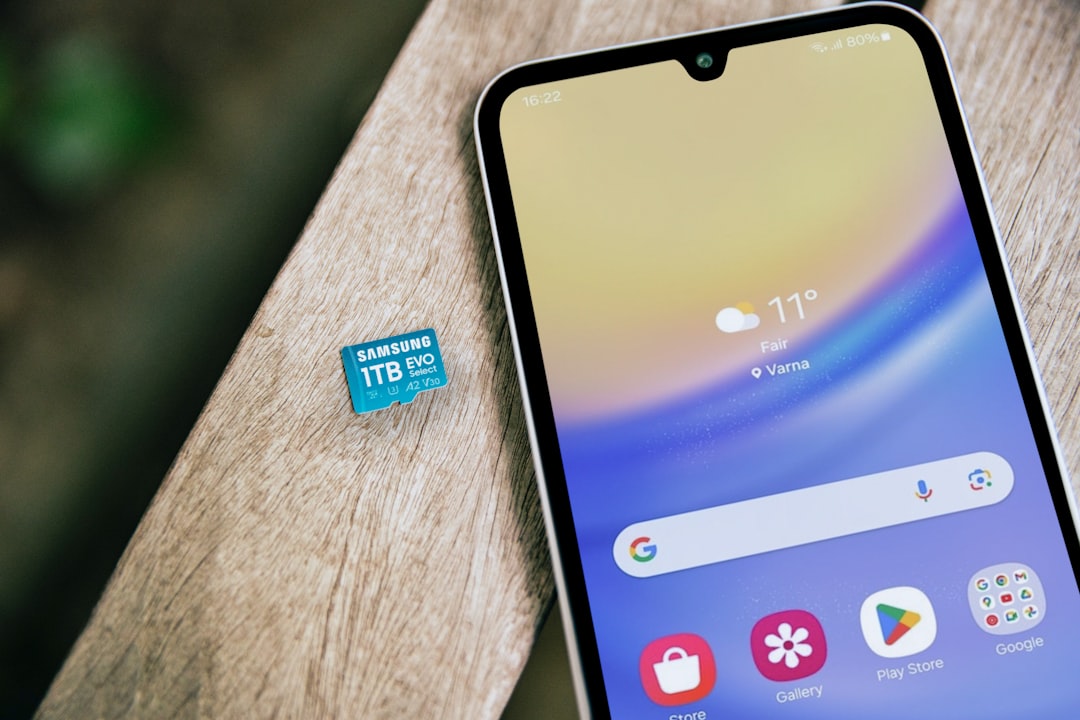In competitive mobile business, unwanted calls from autodialer-using law firms in Alabama are a common problem. Alabama's stringent Autodialer Law regulates these calls, emphasizing consumer protection. Businesses should adopt compliant communication strategies, maintain up-to-date do-not-call lists, and leverage advanced phone systems to reduce unwanted call volumes. Adherence to regulations enforced by autodialer law firms in Alabama is crucial for effective filtering, enhancing customer satisfaction, and avoiding legal issues. Successful case studies demonstrate the importance of customizing solutions for healthier audience engagement.
In the dynamic mobile business landscape, unwanted calls pose a significant challenge. This article explores effective strategies for reducing these intrusions, focusing on Alabama’s Autodialer Law and its impact on regulatory compliance. We delve into proven methods to minimize call volumes, implement robust do-not-call list management systems, and present inspiring case studies from leading firms in Alabama, offering valuable insights for businesses aiming to enhance customer experience and avoid legal pitfalls.
Understanding the Impact of Unwanted Calls in the Mobile Business Community

In the dynamic landscape of the mobile business community, unwanted calls pose a significant challenge. These unsolicited communications, often driven by autodialer technology employed by law firms in Alabama and beyond, can negatively impact customer experience and overall business reputation. The constant barrage of promotional or legal messages disrupts personal and professional lives, leading to frustration and distrust among recipients.
Moreover, the rise of autodialers has made it easier for businesses to scale their outreach efforts but also increased the volume of unwanted calls. Alabama’s regulatory frameworks play a crucial role in mitigating this issue by setting guidelines on permissible call practices. Understanding these regulations is essential for businesses aiming to reduce their reliance on autodialers and adopt more targeted, compliant communication strategies that respect consumer privacy and preferences.
Alabama's Autodialer Law: A Regulatory Perspective

In Alabama, the Autodialer Law firms have implemented stringent regulations to curb unwanted calls, particularly those made by automated dialing systems. This law underscores the state’s commitment to protecting consumers from invasive telemarketing practices. The regulation specifically targets businesses using autodialers, requiring them to obtain prior express consent from recipients before making any automated calls. Non-compliance can lead to significant penalties, reflecting Alabama’s serious stance against unsolicited phone marketing.
The law has far-reaching implications for businesses operating in Alabama or targeting Alabama consumers. It necessitates a strategic approach to customer interaction, ensuring compliance while maintaining effective marketing efforts. Understanding and adhering to the Autodialer Law is crucial for firms to avoid legal pitfalls and foster positive relationships with their clientele.
Strategies to Minimize Unwanted Call Volumes

To minimize unwanted call volumes, businesses should consider implementing stringent do-not-call lists and ensuring compliance with regulations like the Auto Dialer Law in Alabama. Regularly updating and maintaining this list is vital to blocking calls from known sources of disturbance. Moreover, leveraging advanced technologies, such as intelligent phone systems that can identify and filter out automated or unsolicited calls, can significantly reduce the number of unwanted interactions.
Additionally, training staff on proper call etiquette and setting clear guidelines for making outbound calls can foster a more responsible approach. Encouraging customers to opt-in for targeted marketing calls through transparent consent processes also helps in cutting down on unwelcome communications. By combining these strategies, businesses can effectively minimize the volume of unwanted calls while adhering to legal frameworks like the Auto Dialer Law in Alabama.
Implementing Effective Do-Not-Call Lists and Management Systems

Implementing effective Do-Not-Call lists and management systems is a strategic move for any mobile business community aiming to reduce unwanted calls. By adhering to regulations like the autodialer law firms in Alabama enforce, businesses can significantly enhance customer satisfaction and avoid legal repercussions. These lists act as a filter, blocking automated calls from reaching individuals who have opted-out, thereby minimizing disturbance and spam.
Well-managed Do-Not-Call systems should be dynamic, allowing for easy updates and integrations. They must ensure compliance with consumer privacy laws while providing businesses with precise targeting capabilities. This balance is crucial in maintaining a healthy relationship between companies and their clients, fostering trust, and adhering to the evolving legal landscape, particularly regarding autodialer regulations in Alabama.
Case Studies: Success Stories in Reducing Unwanted Business Calls

Many successful businesses have already implemented strategies to curb unwanted calls, providing valuable insights and inspiration for others in the mobile business community. Case studies of law firms in Alabama, for instance, demonstrate how an autodialer system can be harnessed effectively while adhering to regulatory compliance. By employing intelligent call routing and personalized messaging, these firms significantly reduced their volume of spam calls, enhancing client satisfaction and maintaining a professional image.
These success stories highlight the importance of tailoring solutions to specific business needs. Through innovative technologies and strategic planning, companies can minimize the impact of unwanted calls while maximizng legitimate communication, ensuring a healthier and more productive engagement with their target audience.






